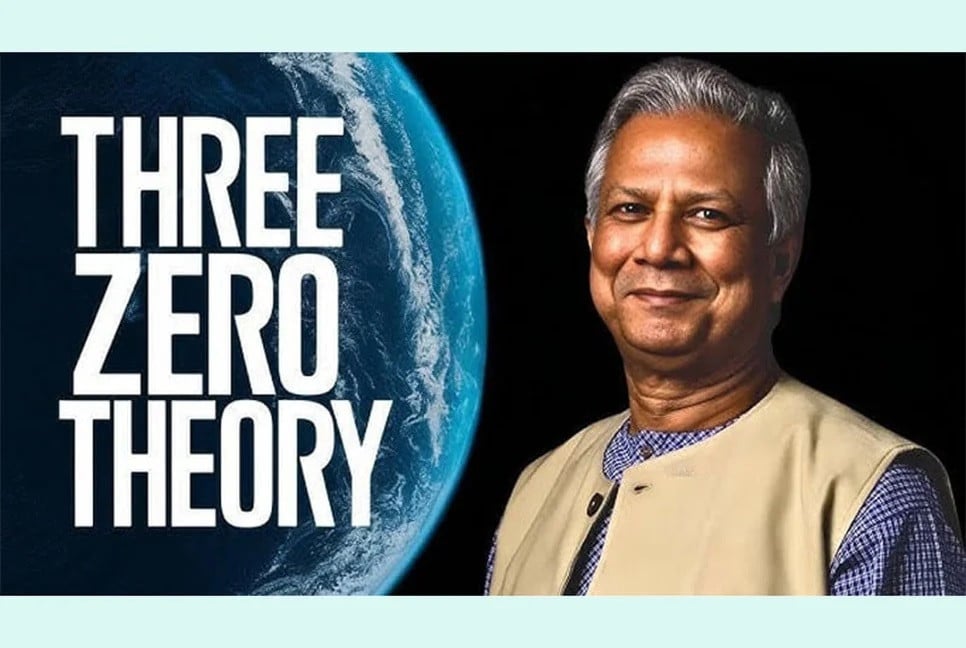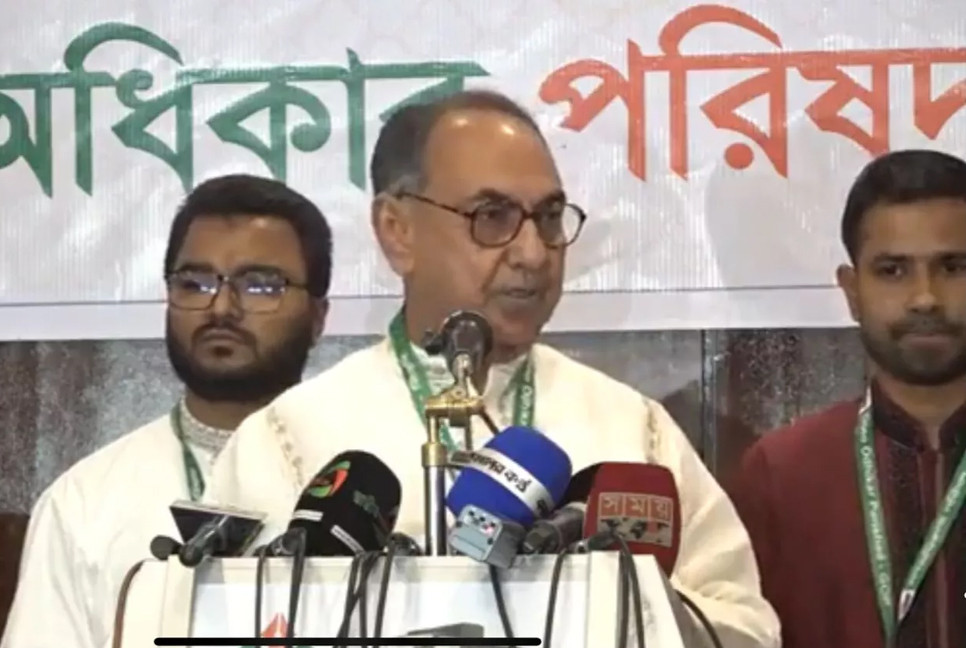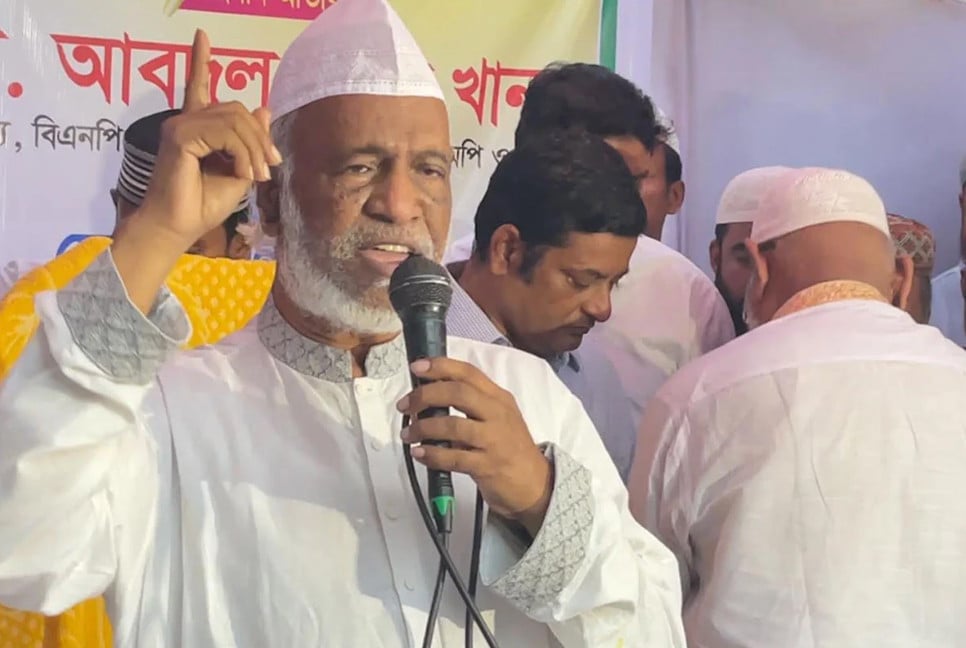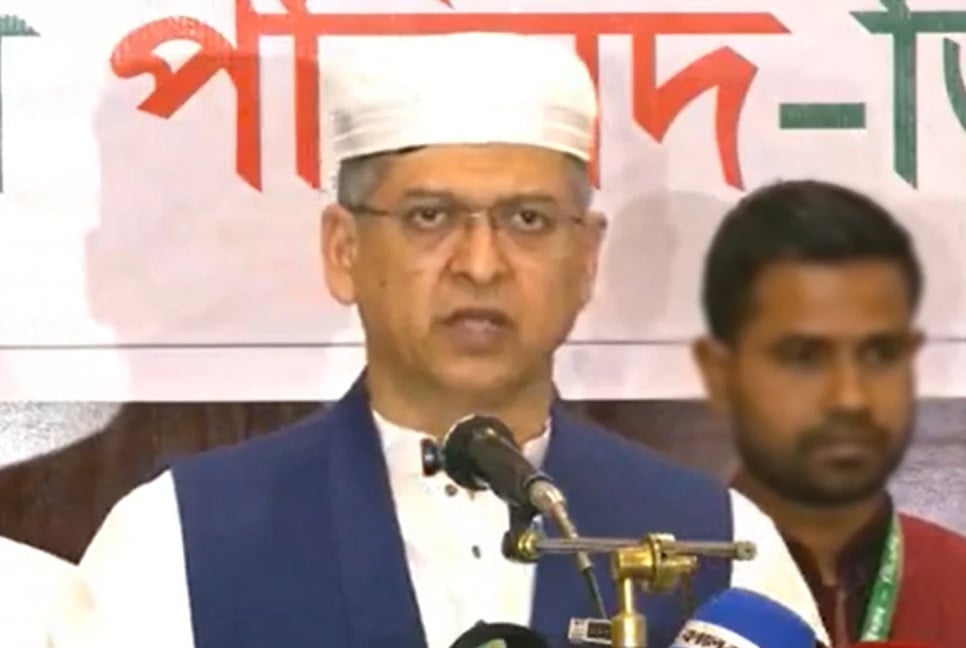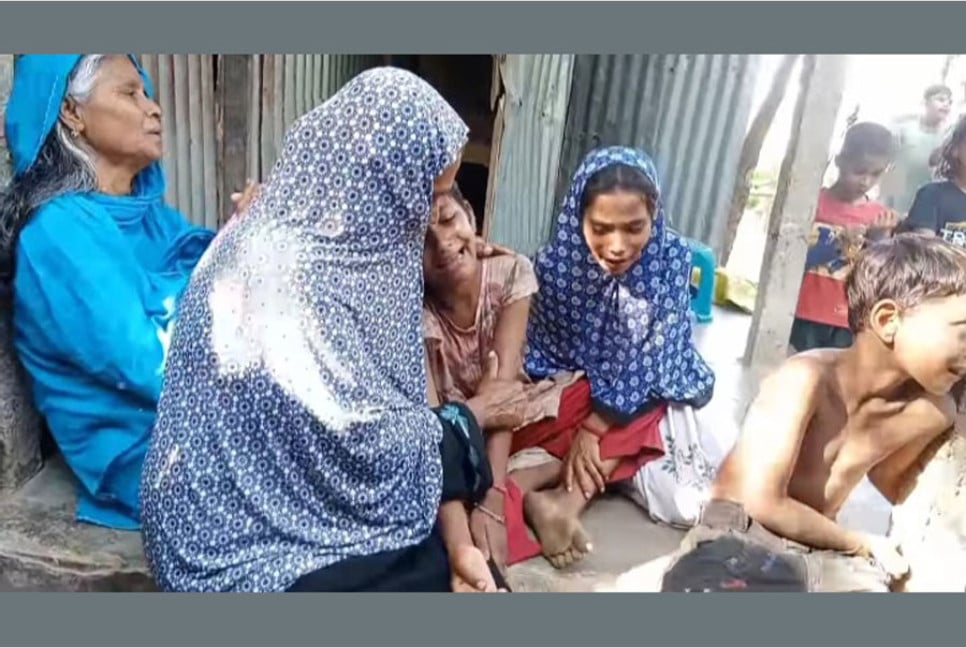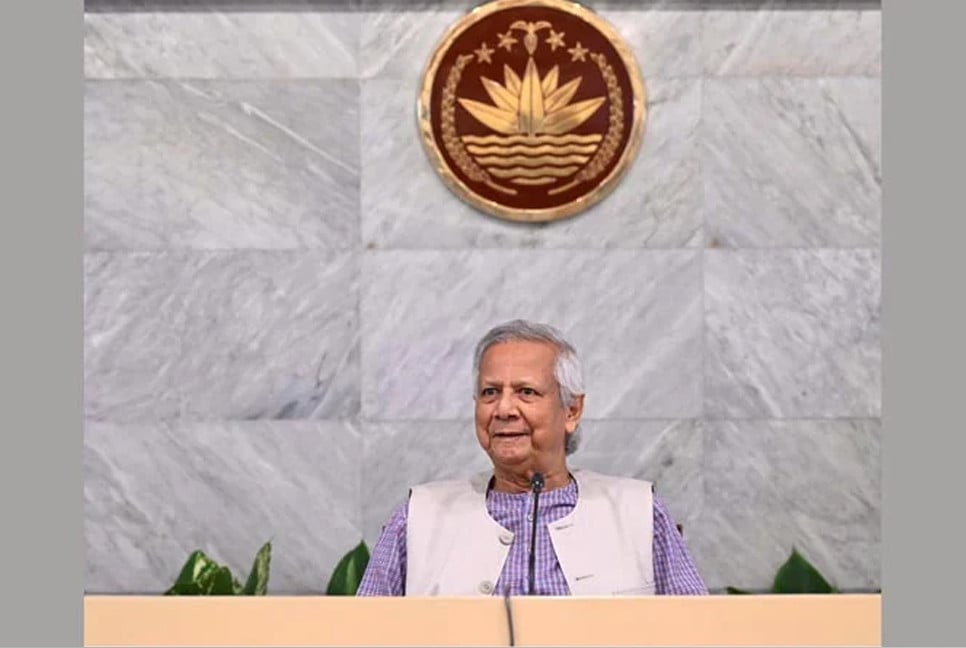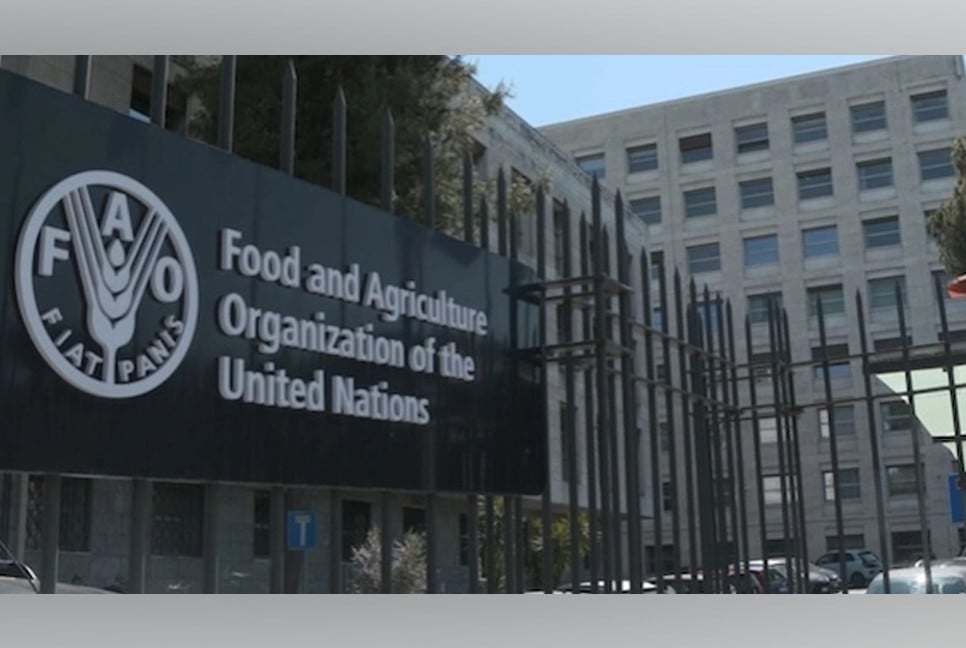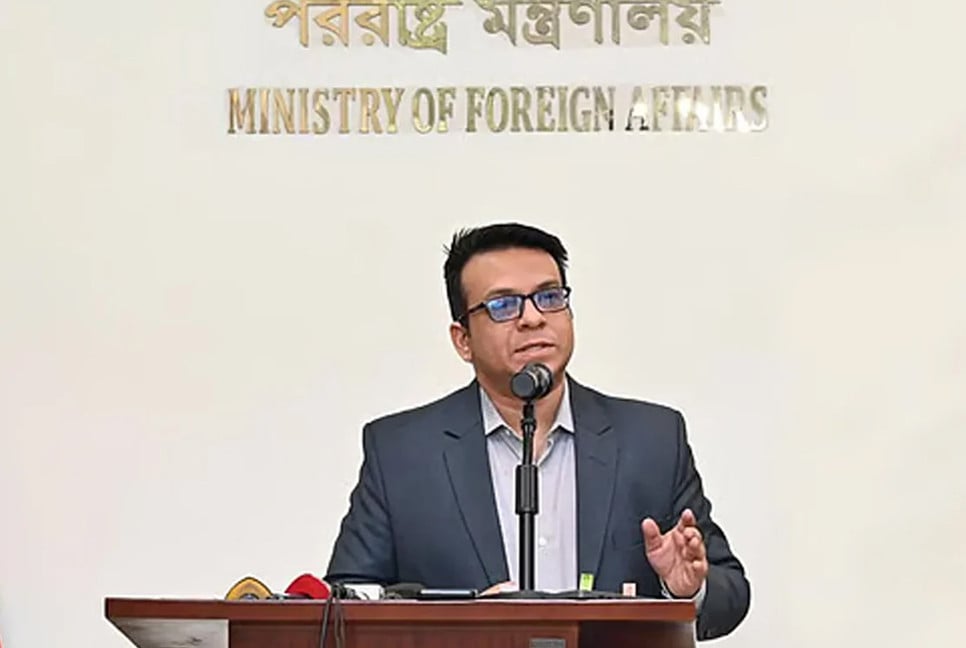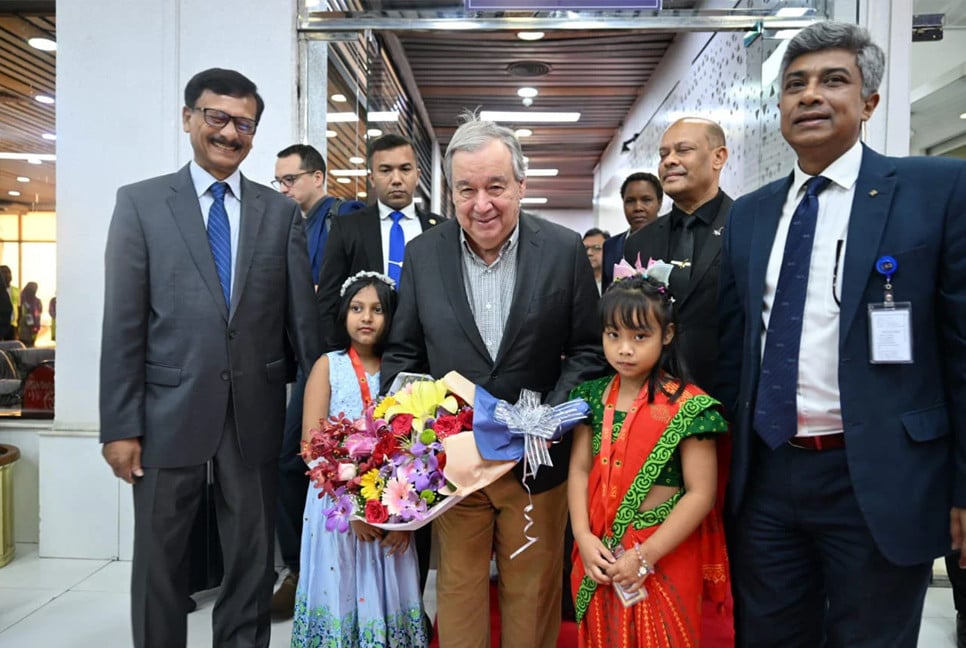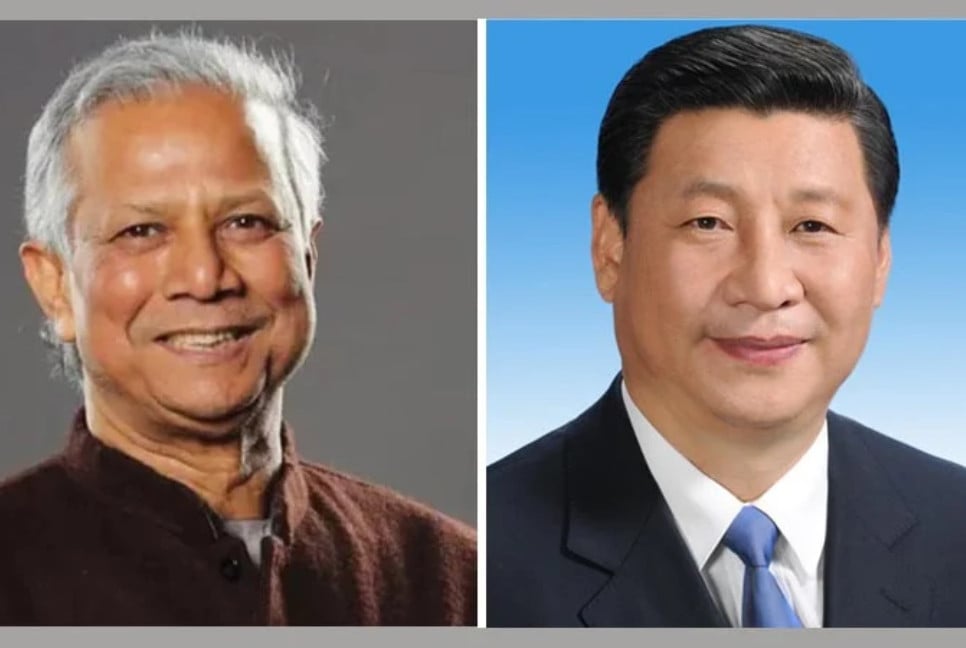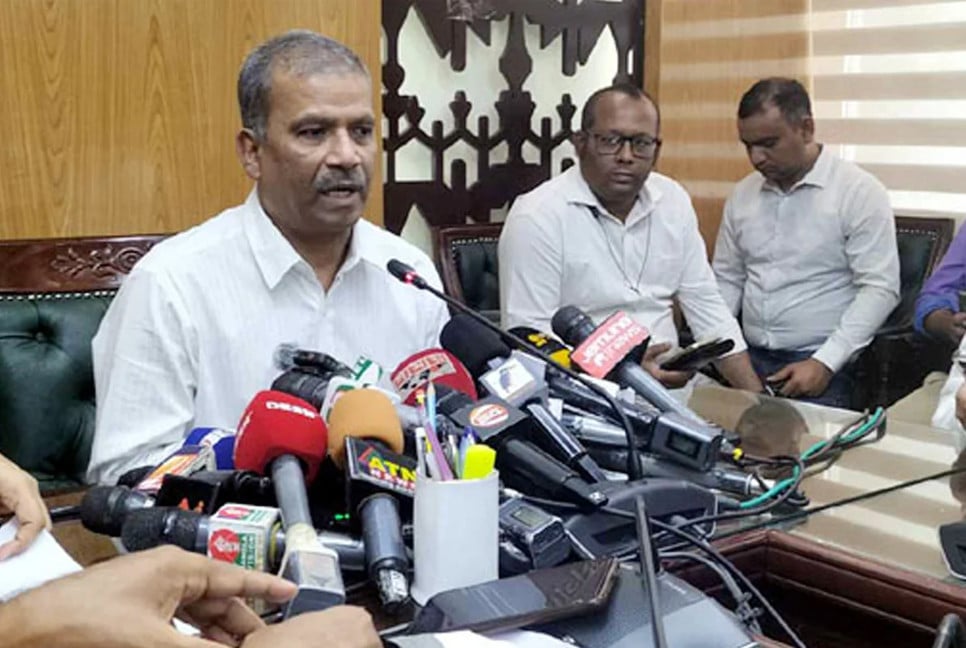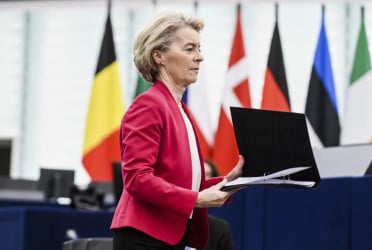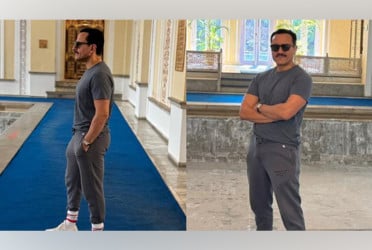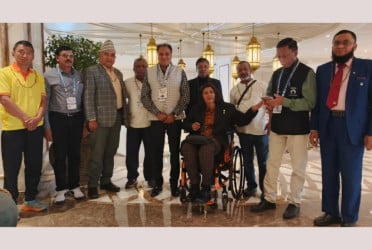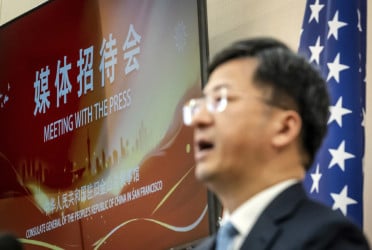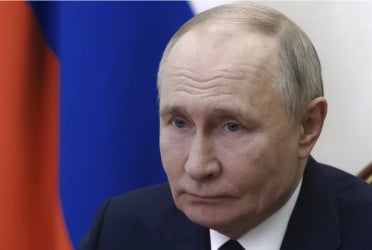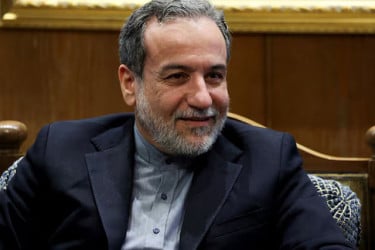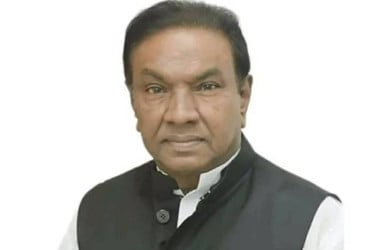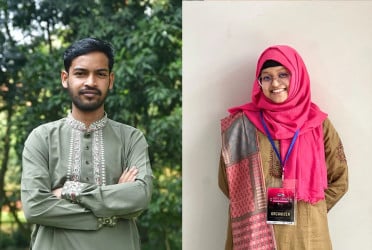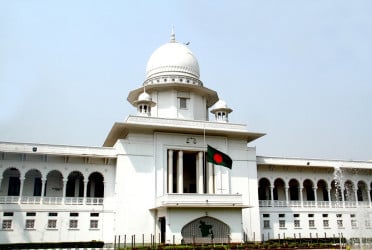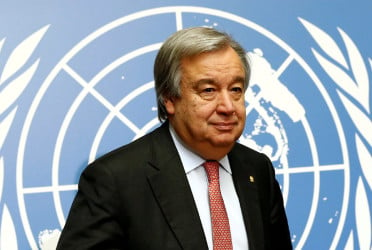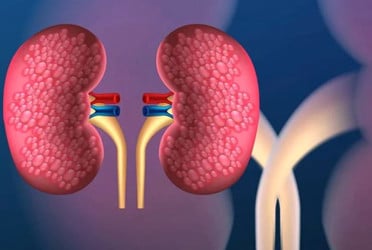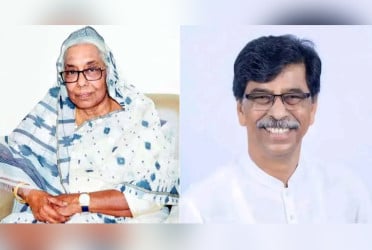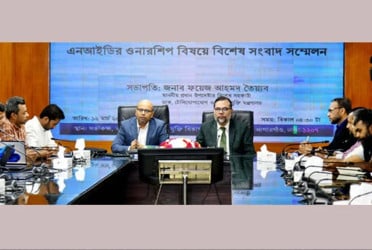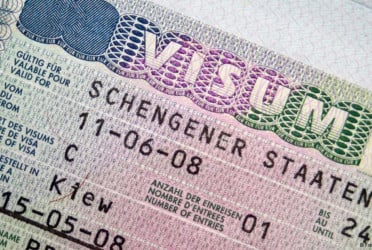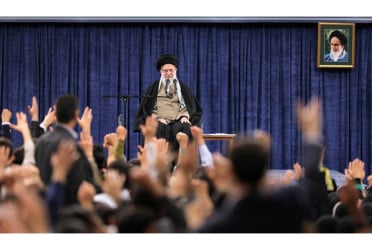The government is exploring the incorporation of the ‘Three Zero’ theory, developed by Nobel Laureate Professor Muhammad Yunus, to help achieve the Sustainable Development Goals (SDGs). According to government policymakers, applying this theory at both public and private levels could significantly ease the country’s path to meeting its SDG targets.
Professor Yunus’ call for a "World of Three Zeros" — zero poverty, zero unemployment, and zero net carbon emissions — has resonated globally as a roadmap for creating a sustainable and equitable future. Analysts view the theory as a comprehensive model for economic emancipation, workforce creation, and environmental protection.
The Three Zero theory is both a social and economic outlook that emphasizes youth engagement, technology, good governance, and social business as key drivers. Yunus has received widespread acclaim for this theory, which has inspired global change.
The Principal Coordinator on SDG Affairs confirmed that the government is working to integrate the Three Zero theory with SDG implementation. A workshop with public and private officials has already taken place to promote awareness of the theory at all levels.
“We aim to create widespread awareness of the Three Zero concept for sustainable development,” she added. However, she clarified that the theory is not being imposed on SDG activities; rather, the government seeks to encourage its voluntary adoption.
At COP-29 in Baku, Azerbaijan, Yunus advocated for a new lifestyle based on zero waste and zero carbon to address climate crises. He proposed a counter-culture that prioritizes essential needs while minimizing consumption and waste.
This life philosophy involves moving away from fossil fuels and focusing on renewable energy, with an emphasis on social business that doesn’t seek personal profit but aims to solve social and environmental problems.
According to Yunus, a new civilization will emerge if people embrace a life based on these principles, particularly youth, who will be empowered to build businesses that address social issues while promoting environmental sustainability.
Lamiya Morshed, a longtime collaborator of Yunus, highlighted the role of the Three Zero Clubs in promoting this ideology. With nearly 4,600 such clubs globally, primarily in universities, the clubs aim to develop young people into 'Three Zero Persons' who are committed to reducing poverty, unemployment, and carbon emissions.
Morshed emphasized that the Three Zero Clubs are not centrally organized but are instead grassroots initiatives, with individuals taking it upon themselves to spread the message. While clubs have faced challenges in Bangladesh in the past, interest in the theory has grown significantly, with a surge in workshops and awareness activities.
Morshed also explained that social business plays a key role in implementing the Three Zero theory. By creating self-sustaining businesses that provide jobs and channel profits into social welfare, such businesses contribute to both economic and environmental sustainability.
“Social business is crucial for achieving the Three Zero goals,” she said, echoing Yunus’ broader philosophy of development not just for Bangladesh, but for the global community.
Bd-pratidin English/ Jisan

